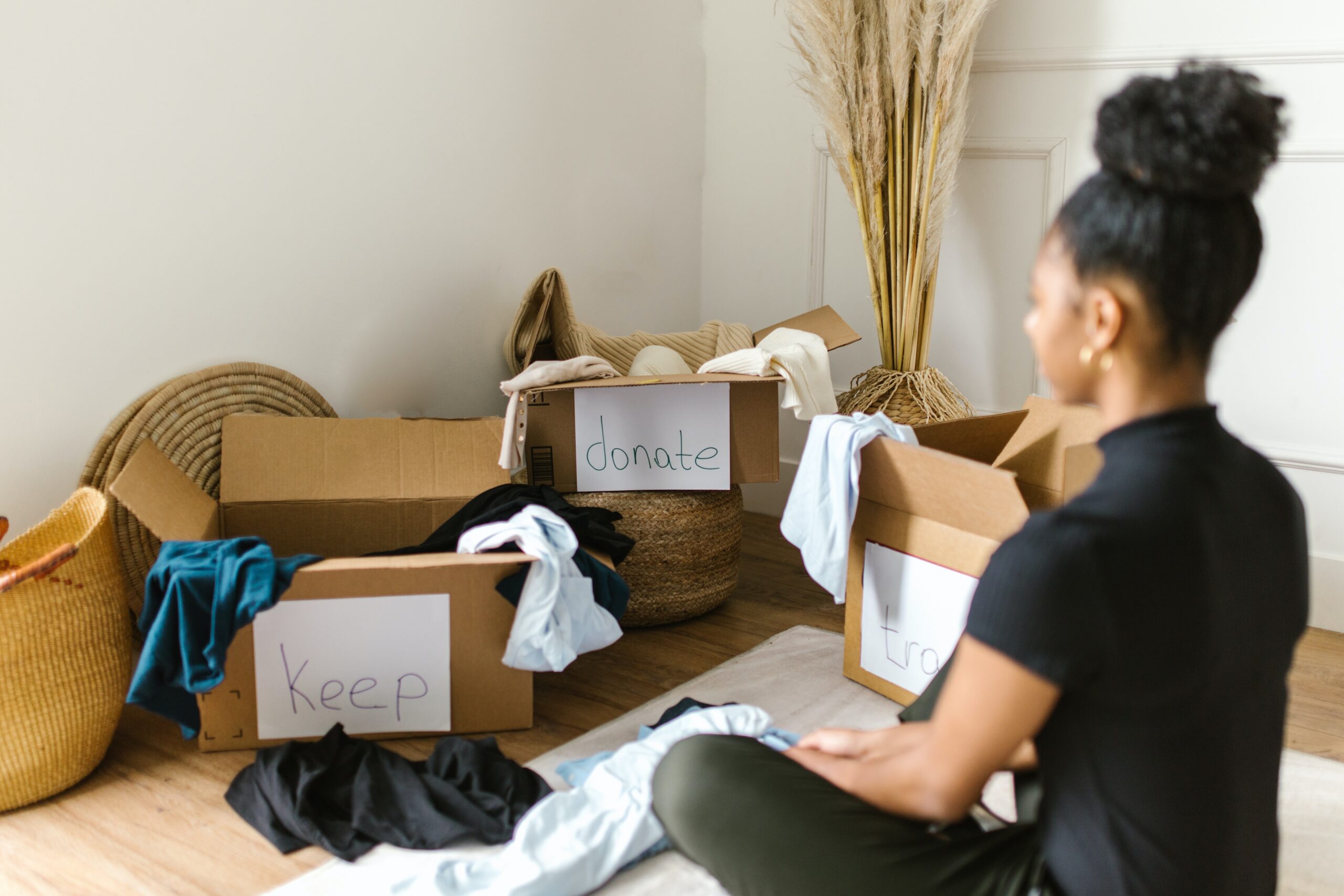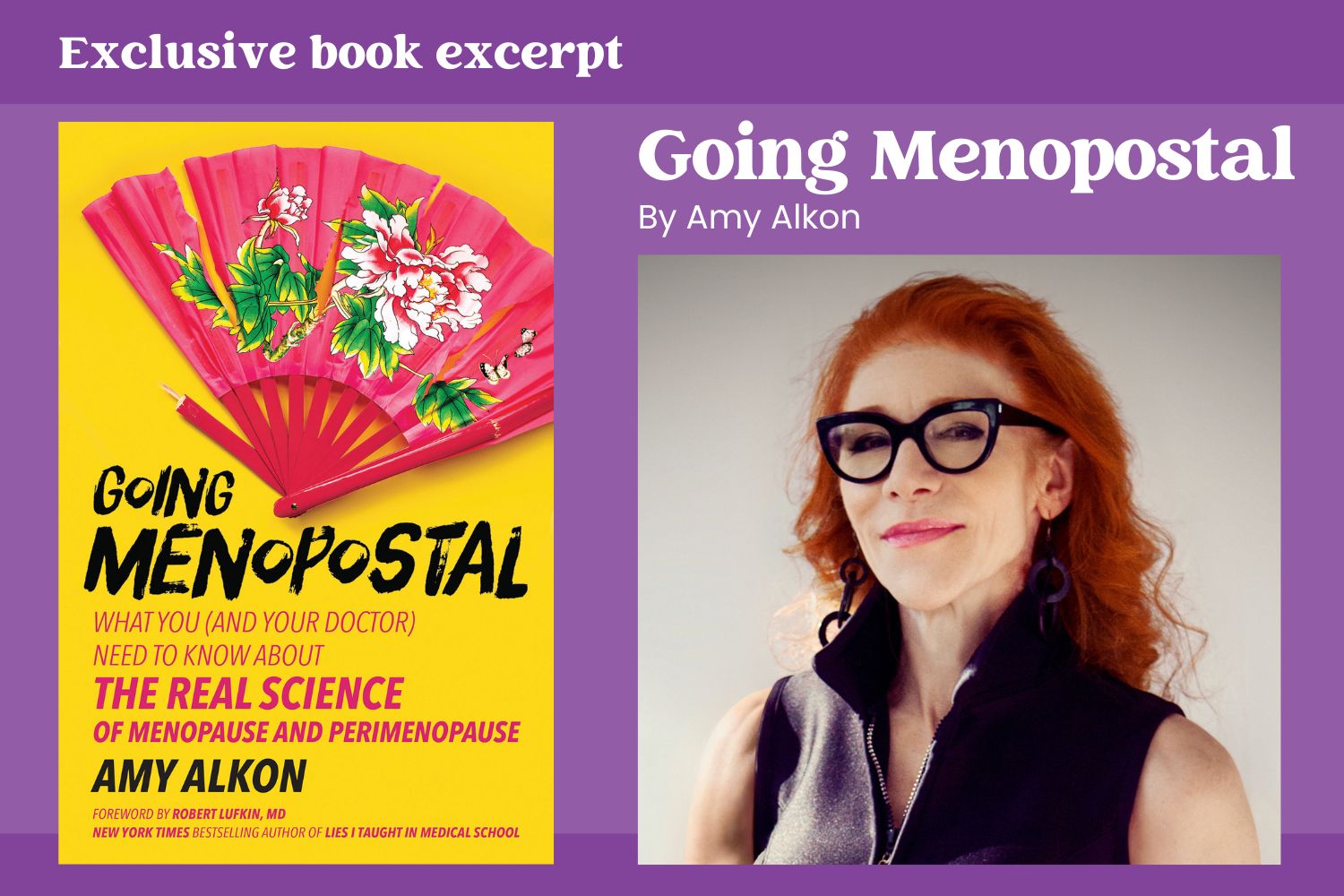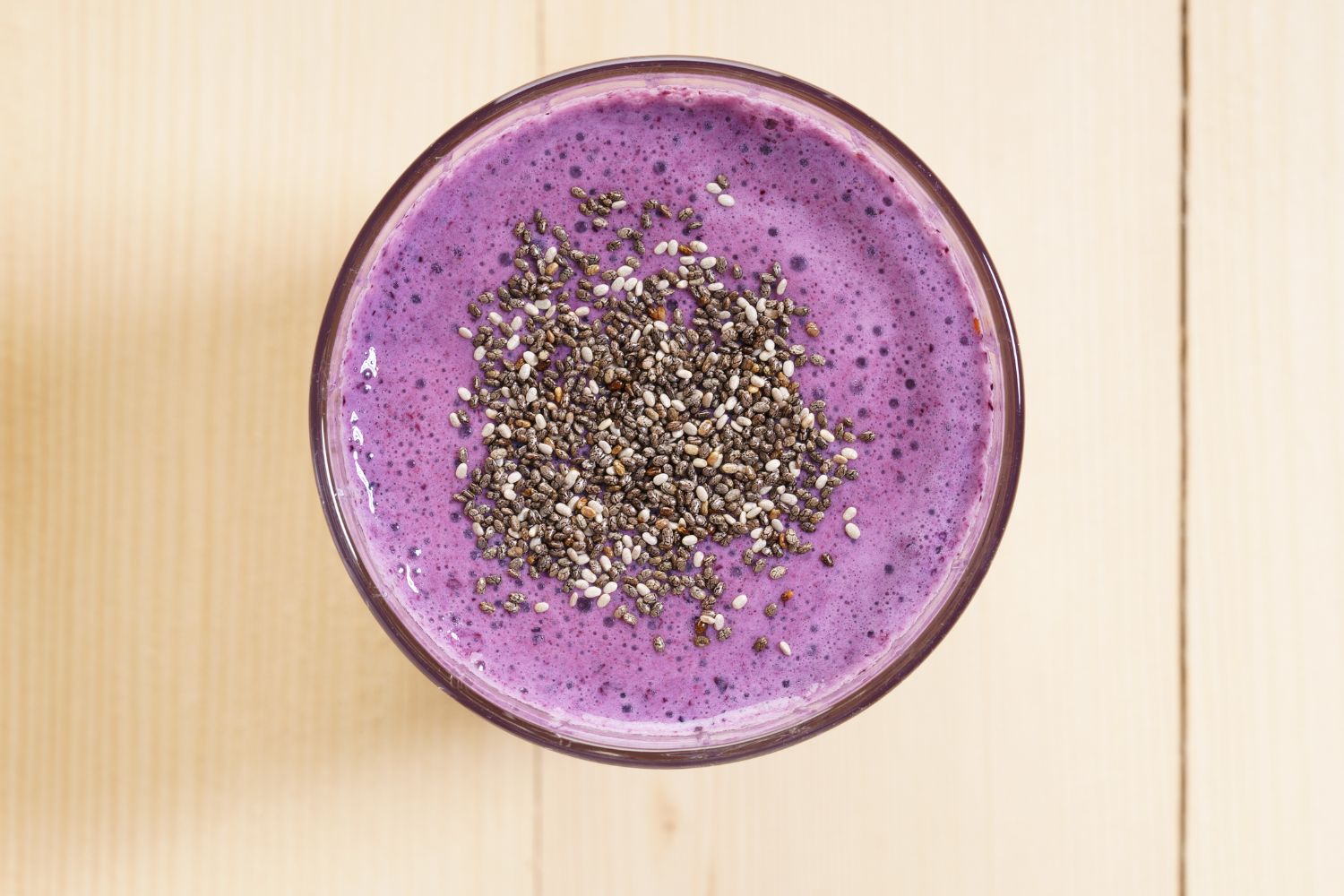
Can decluttering really make you happier?
At least twice a year, I feel the sudden urge to throw out all of my belongings. The clutter under the sink irritates me, I’m overwhelmed by my crammed closet, and immediately organize a cull. Within hours, I’m headed to the thrift shop, laden down with bags but already feeling a little lighter.
So why is it that in just a few months, I’m bogged down in clutter, and feel called to clear stuff out all over again?
CleanTok is booming, but can pitching out really help our mental health?
It appears I’m not alone. Look on TikTok and you’ll see spring cleaning and decluttering hacks galore, from folks like OrganizingSpacesbyKim, Lori @nowitsclean, and Sparkling With Demi. Nestled beside inspirational pics of minimalist home décor, you’ll find influencers and therapists alike espousing the benefits of a tidy, decluttered home. But can cleaning up and pitching out really lead to improved mental health?
The answer can be complicated. On the one hand, therapist Kate Hoyle says organizing can facilitate clearer thinking, but it’s also not a sole solution for poor mental health. And for busy women in their 40s or 50s juggling the demands of work, home life, and more, the pressure to keep things tidy might just add another layer of pressure to an already jam-packed schedule.
“If someone is feeling overwhelmed, anxious or depressed, decluttering might make them feel a bit better but it won’t address the underlying reason for their mental health problems,” Kate said. “It is too superficial, and the answer has to come from within.”
Holding on to stuff is an inside job
“Clutter can indicate an inability to ‘let go’ both physically and emotionally,” Kate says. “Holding on to items that are no longer serving a purpose can be linked to not having dealt with the loss of a loved one or indicate that you’re carrying some sort of emotional baggage.”
Take Sophie, 40, a good friend of mine who has recently left an eight-year relationship. She held off on getting rid of her ex’s stuff because she simply wasn’t ready to do it. She needed to heal some first; getting rid of his things straight after the breakup, amid all the emotion and confusion, would have felt too overwhelming.
“I needed to be in the right headspace before I tackled all the clutter. I needed to be emotionally ready to confront all those old memories and let them go,” Sophie says. “When I eventually did get around to it, it felt like a weight had been lifted. I felt ready to start a new chapter of my life.”
Similar to Sophie, I’ve often thought about the old letters and gifts I kept from exes that stayed in the back of a drawer for months, and sometimes even years. It was only after I had made peace with those past relationships that I was able to revisit — and eventually discard — those items.
Sometimes clutter keeps us tethered to the past, and we need more effective tools, like self-reflection, therapy, or closure, to let go. Perhaps it’s not the act of decluttering itself that empowers us to move on, but the emotional healing that leads up to it.
Getting to the root of the clutter
Kate describes the physical act of clearing out as a “decluttering of the mind as well as the environment,” but notes that if you’re feeling anxious, depressed, or overwhelmed, decluttering won’t address the root causes of your poor mental health.
“My view is that you can only fully solve a problem by finding out what caused it in the first place,” she says. “For issues like anxiety, this means going back to identify where this comes from and dealing with the negative beliefs that were created at the time.”
In short, the mental health benefits of decluttering are only surface-level. You might notice that you’re able to better concentrate when your desk is clean and tidy. You might feel like a weight has been lifted after clearing out that overflowing drawer, or maybe you feel ready for a fresh start after letting go of your ex’s stuff.
But you won’t be able to pack away deep-rooted insecurities, decades-old trauma, or more serious mental health issues like anxiety and depression just as easily.
That’s not to say decluttering isn’t without merit. When you’re going through a tough time, Kate says an uncluttered space can improve focus and reduce distraction allowing you to think straight, and you may feel less stressed when not surrounded by mess.
Decluttering, the healthy way
So, if you’re feeling overwhelmed by ‘stuff’, how can you approach decluttering in a way that’s beneficial to your mental health?
“Everything comes down to how we think about it,” Kate says. “Once we realize that something has served its purpose but is no longer bringing any benefits, we can gladly let it go.”
Her advice? Make the process extra rewarding by deciding to donate or sell your items. “If you can generate some extra cash, that can be put to good use. Likewise, if you help others by donating, this creates a sense of wellbeing, simply because helping others makes us feel better about ourselves,” she says.
Of course, there’s also such a thing as being too ruthless. We’re often told to have no mercy when rifling through our bits and bobs, but, on more than one occasion, I’ve mourned the loss of a particularly pretty top I decided to toss, or found myself searching in vain for a much-loved pair of boots I sent to the thrift shop.
Remember, you don’t need to chuck everything out in one go. Give yourself some time to think about each item if you’re unsure. It’s totally okay if you have an emotional attachment to a book you’ve leafed through umpteen times, or a medal that you’ve kept since school.
Letting go of the old, clearing out for the new (you)
One particularly troublesome area to declutter is our wardrobes. For some of us, old clothes can serve as a painful reminder of our changing shape and size.
“It’s far more empowering to accept the body we currently have than longing to recapture how we looked a few years ago,” says Kate. “Clearing out the clothes that no longer fit will mean accepting the here and now.”
When it comes to decluttering, most of us can admit that sometimes we wish we’d never started. We pull items out of wardrobes and drawers, lumping them onto the nearest empty surface, and suddenly find ourselves overwhelmed.
Kate advises breaking the process down into smaller, more manageable chunks. “Rather than thinking that you have to declutter an entire room, start by clearing out one area, or a single drawer. The sense of satisfaction that brings will encourage you to keep going,” she says.
Decluttering often gives us room to breathe and space to think. It can feel empowering to get rid of old stuff during a difficult period or on the cusp of a new chapter, but Kate says if you feel pressured into decluttering and you’re only doing it as a salve for poor mental health, “working on your feelings of self-worth will be much more beneficial than simply clearing out the clutter.”
Decluttering is not a fix-it-all for mental health, it’s true. But as Kate says — and Sophie experienced — it sure does feel good to let that stuff go.



